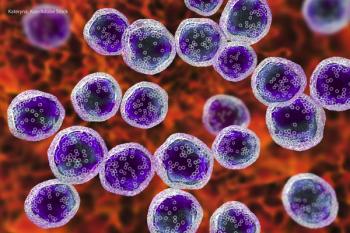
A new investigational drug called ADCT-402 that combines a cell-killing compound with a monoclonal antibody shows early promise for patients with diffuse large B-cell lymphoma.

Your AI-Trained Oncology Knowledge Connection!


A new investigational drug called ADCT-402 that combines a cell-killing compound with a monoclonal antibody shows early promise for patients with diffuse large B-cell lymphoma.

The National Comprehensive Cancer Network recently issued new guidelines on best practices in evaluating patients for hematopoietic cell transplantation, as well as how to manage complications associated with the procedure.
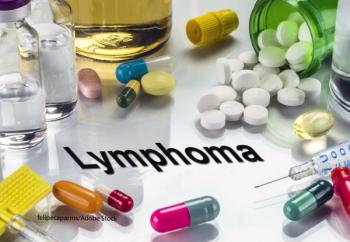
Treatment with umbralisib monotherapy demonstrated improved overall response rates among patients with follicular lymphoma.

Jennifer Crombie, MD, discusses classification of diffuse large B-cell lymphoma (DLBCL) into distinct subtypes and treatment decisions based on molecular classifications.
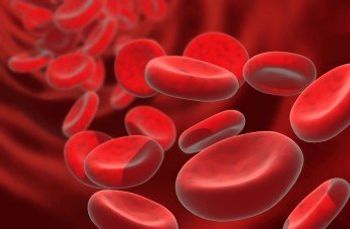
The epigenetic signals in circulating cell-free DNA (cfDNA) in patients diagnosed with diffuse large B-cell lymphoma (DLBCL) could predict which cases are the most likely to recur.
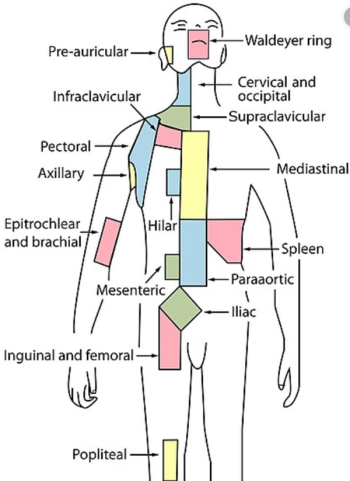
After conflicting opinions over the years, a study published in the journal Hematology explores the association between diabetes mellitus non-hodgkin lymphoma.
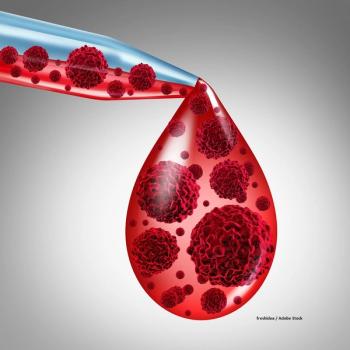
Switching from intravenous to subcutaneous administration of rituximab for non-Hodgkin diffuse large B-cell lymphoma (DLBCL) or follicular lymphoma (FL) resulted in similar efficacy with no new safety issues.

The international retrospective study included 365 patients with newly diagnosed early-stage follicular lymphoma rigorously staged with PET-CT and bone marrow biopsy.
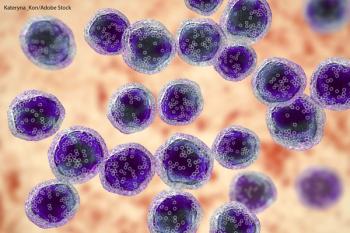
MYC-rearrangement within 2 years after diagnosis may affect the prognosis of patients with diffuse large B-cell lymphoma.
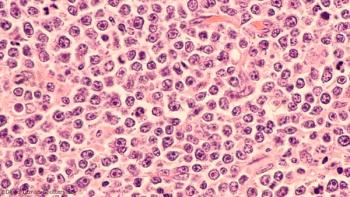
A new study looks into whether disease stage at diagnosis affects the occurrence and location of a second primary malignancy in DLBCL.
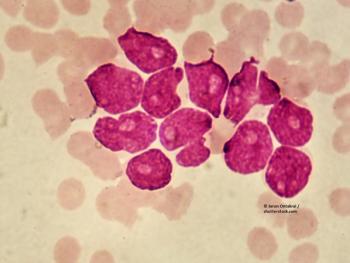
Prognostic signature associated with AML relapse risk potential harbors gene subsets that apply to only certain patient subgroups.

Researchers conducted a study to determine if low levels of immune infiltration were associated with inferior outcomes among patients with follicular lymphoma.
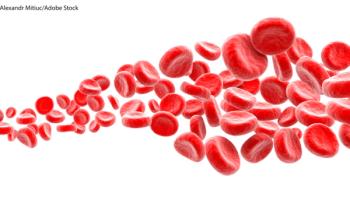
A new study evaluated whether the m7-FLIPI score in patients with follicular lymphoma treated with rituximab without chemotherapy can indicate prognosis.
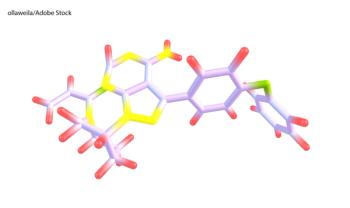
While ibrutinib plus rituximab may improve progression-free survival in chronic lymphocytic leukemia, it is a costly option for some patients.
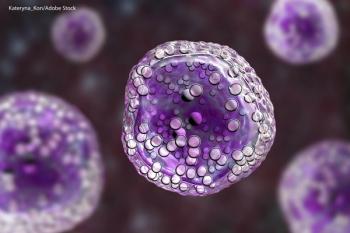
A total of 30 patients were enrolled in an expansion cohort for relapsed/refractory primary mediastinal B-cell lymphoma and received nivolumab and brentuximab vedotin.
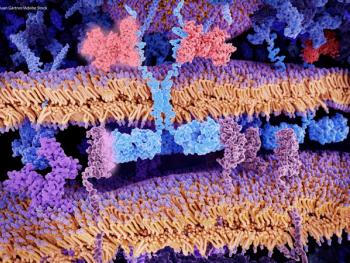
Delays in CAR T-cell therapy may significantly decrease gains in survival and productivity for patients with diffuse large B-cell lymphoma and pediatric acute lymphoblastic leukemia.
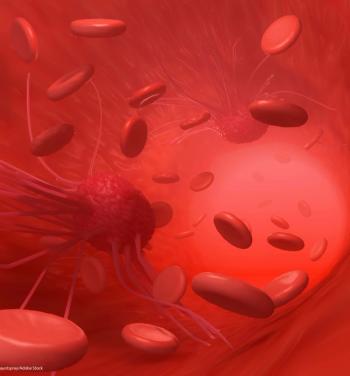
Researchers looked at the pre-transplant PET/CT Deauville scores of patients with relapsed or refractory diffuse large B-cell lymphoma treated with R-DHAC to see if patients with a higher score had a higher risk for treatment failure.
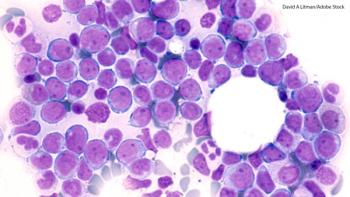
A new report suggests targeting the Gal9/TIM3-axis could help boost chances of complete remission in patients with acute myeloid leukemia.

Researchers utilized a targeted next-generation sequencing (NGS) panel developed at Oregon Health & Science University to assess the clearance of mutations after therapy, clonal evolution at relapse, and combinations of mutations.
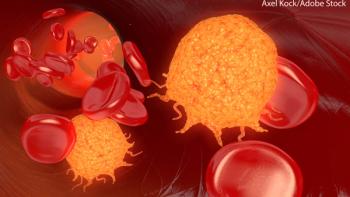
The CLARITY trial looked at measurable residual disease negativity in 54 patients with relapsed or refractory chronic lymphocytic leukemia who received ibrutinib in combination with venetoclax.

While many patients with follicular lymphoma did well with this new regimen, the majority of those who did have disease progression had transformed disease.

Patients with follicular lymphoma who were minimal residual disease-positive after undergoing involved field radiation therapy were given rituximab to see how it affected progression-free survival.
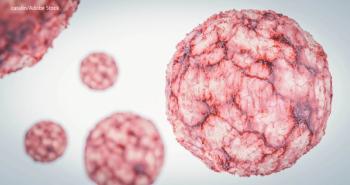
Researchers from the Mayo Clinic in Rochester, Minn. examined the disease histology and outcomes of patients with diffuse large B-cell lymphoma and a concurrent lymphoma.
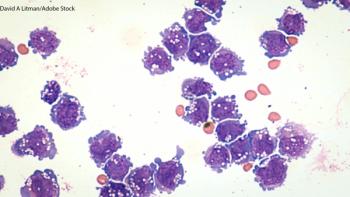
A combination of ibrutinib, lenalidomide, and rituximab was tested on patients with relapsed or refractory diffuse large B-cell lymphoma, particularly those with non-GCB subtype.
